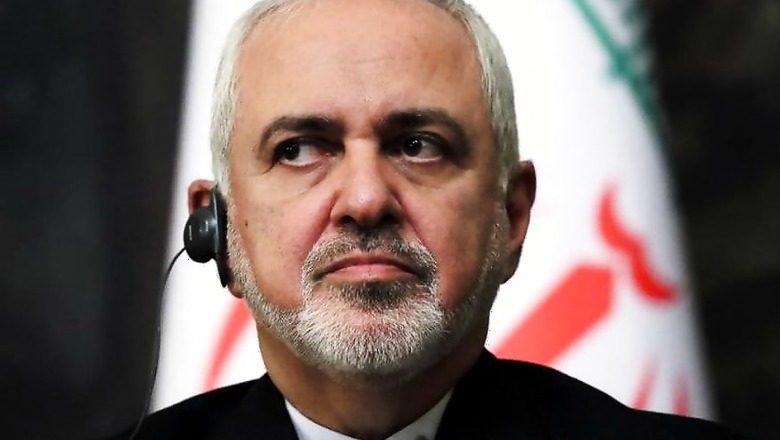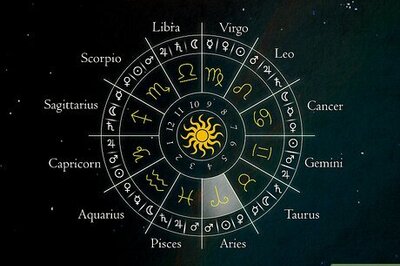
views
Mumbai: Iran's Foreign Minister Mohammad Javad Zarif on Friday pitched for barter trade with India in the agriculture sector as well as setting up of Indian banks in the country which will also enable Iranian businesses to carry out transactions in rupee and rial.
While emphasising that India would not find a stable and reliable energy partner other than Iran, Zarif also said both countries should trade in their own currencies to overthrow the dominance of the US dollar.
There are economic sanctions imposed by the US on Iran.
The minister's remarks also come amid tensions flaring up between Iran and the US in the wake of killing of power Iranian commander General Qasem Soleimani by America on January 3.
"One of the impediments is the depreciation of the US dollar. There is no back up for the US dollar since the 70s. The US does not need to take care of its inflation as the rest of the world is paying for it because of the supremacy of the US dollar.
"The US uses its currency as a weapon. They themselves call it weaponisation of US dollar. We don't need to subject ourselves to this," Zarif said.
India and Iran need to use their own currencies for trading with each other so that if Iran has to sell or buy products in India, then there would be no need to use dollars.
"We can use rupee. We have an agreement with the Indian government to use rupee and Iranian rial in our transaction. But we need to make it economical in our transaction for rupee and rial," the minister said.
Stressing that it is necessary for both the countries to have their bank branches in each other's cities, Zarif said one of Iran's leading private sector banks has received clearance from Indian government after 2-3 years of intensive work to open a branch in Mumbai.
Iran is in the process of finalising the agreement with India for the initial capital because of the difficulty in transferring Iranian currency here, he added.
"So we can use the initial capital that we already have in India... so, legally Indian government can accept it and we hope they will accept it and we can establish the bank with the foundation capital for the bank," Zarif noted.
According to him, Indian banks can come up in the Chabahar zone or any other city in Iran and that would enable Iranian businesses to be able to do rupee-rial currency transactions without needing to go through the intermediary of US dollar or euro or dirham.
"Also, we can resort to engaging in barter trade. We need a lot of stuff that India produces and India can also take some of our fruits and vegetables. We don't need to go beyond agriculture in barter.
"... look at barter, look at using our national currency, look at the possibility for complementing with each other in tech and exchange," he said.
According to Zarif, trade in own currencies should not be expensive as compared to transactions done in US dollars.
"That's the bottleneck that we need to address. If we address that bottleneck, then we rid ourselves of this colonial domination of the US dollar. We rid ourselves of the need to not only pay for the US inflation but also pay the price for the US political right. This is important for us to think right now," he said.
Further, the minister said there is already a rupee-rial mechanism in place, but the business communities, both in Iran and India, need to make it economically feasible to use own currencies than to use a foreign currency.
"We are in the process of negotiating on the withholding tax which may affect our transactions in our own currency but we are also looking at the business community and industrial community in both Iran and India to take the very brave step. This may not be rewarding immediately but definitely in the long run and for our future generation," he said.
Zarif also noted that Iran is a reliable source of energy and does not dependent on any other country.
"Your relations with Iran and your reliance on Iran energy is a reliance on reliable partners. We are complementary. We have advancement in various areas of technology. We can build joint ventures and partnership to make ourselves independent of those who make use of their supremacy for their gains," he said.




















Comments
0 comment